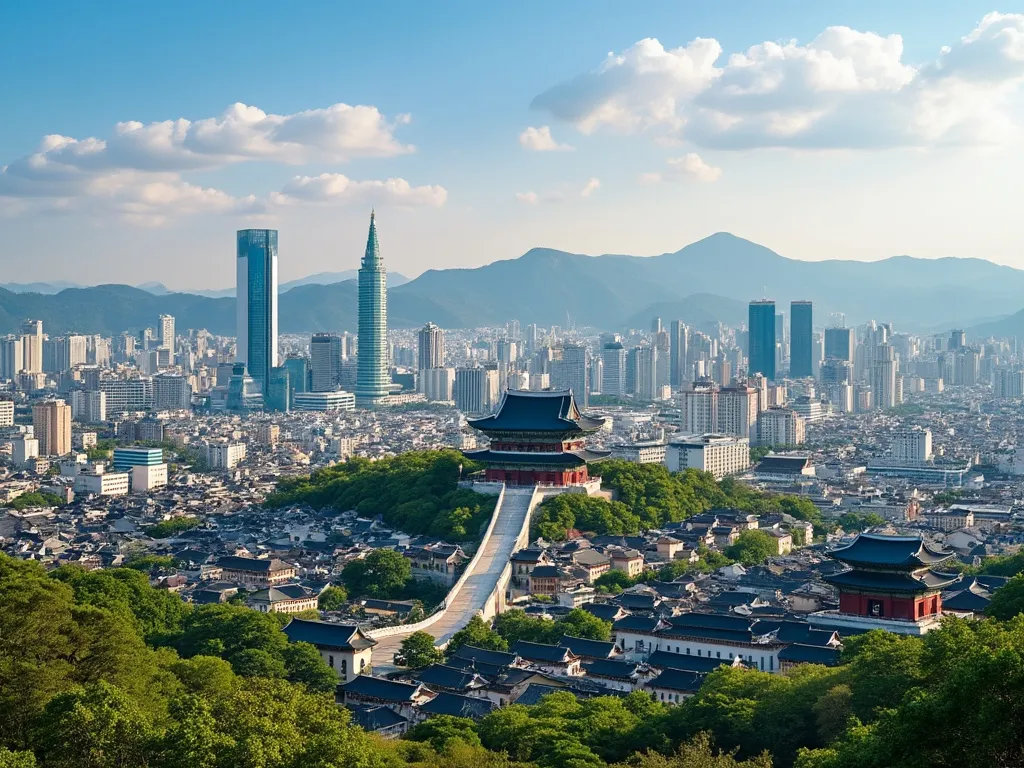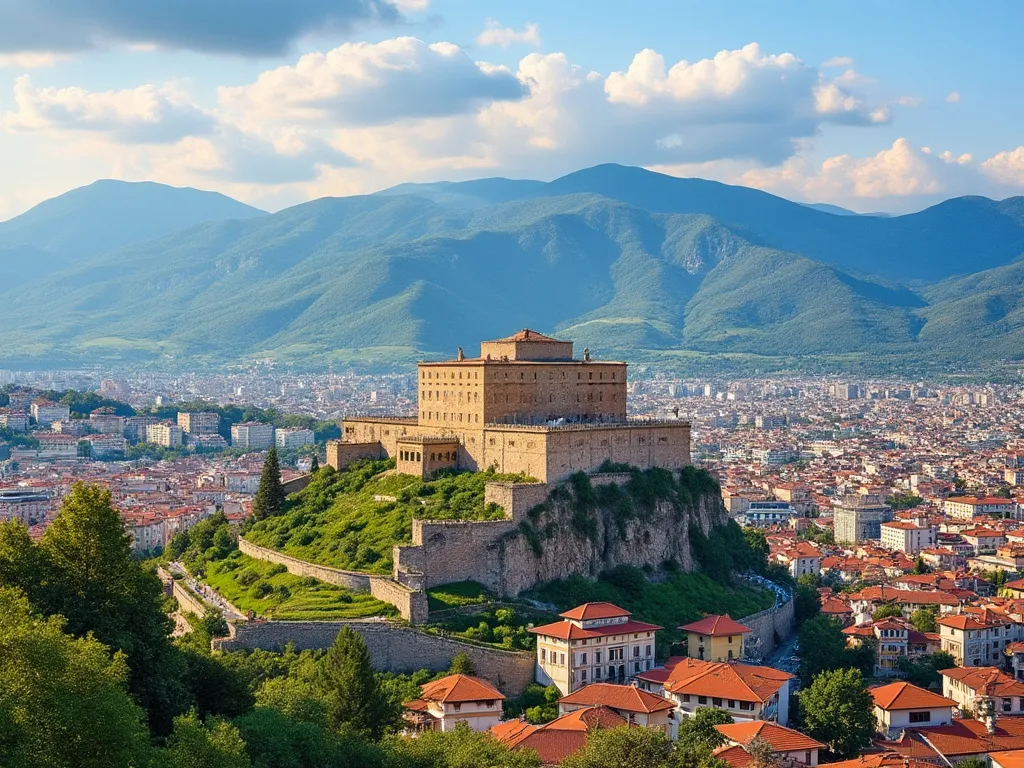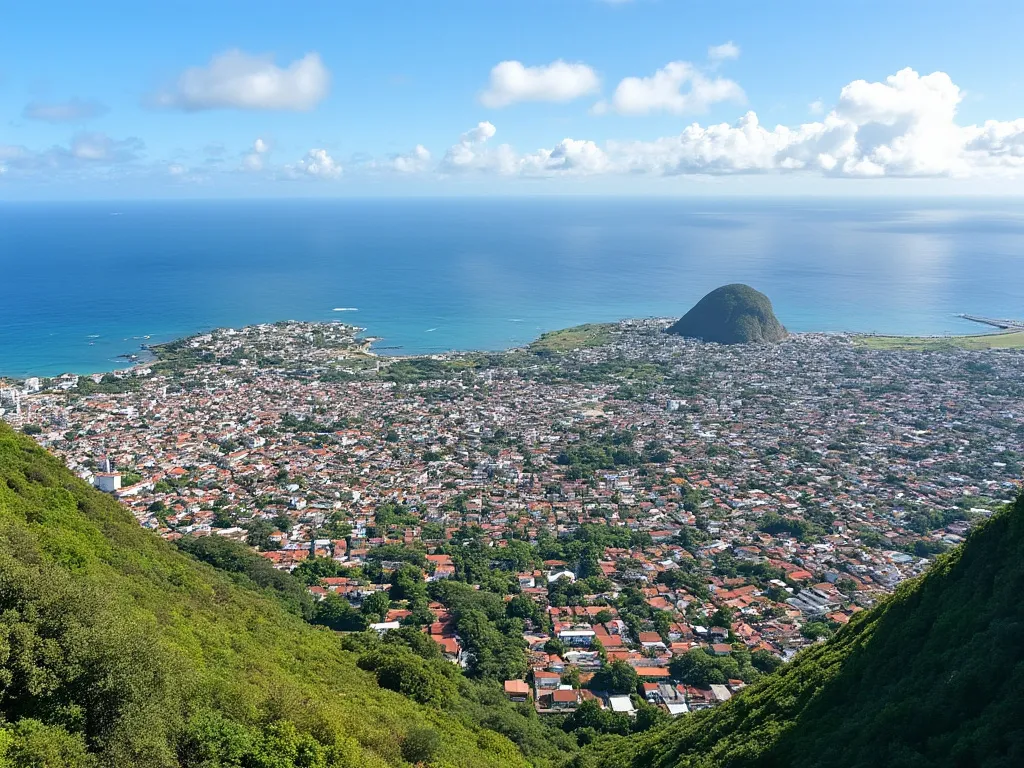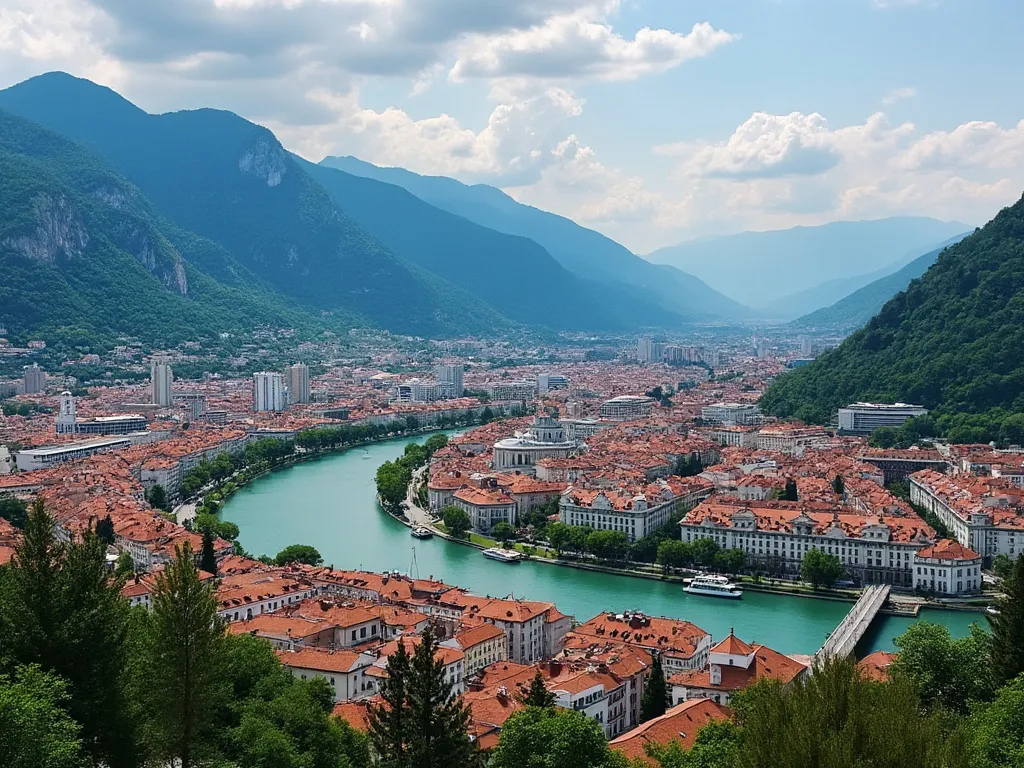
Seoul, the capital and largest city of South Korea, is a bustling metropolis with a rich history and culture. Located in the northwest part of the country, Seoul is situated in the Han River valley, which has been the seat of government for over 2,000 years.
Seoul information
| Country | 🇰🇷 Korea |
| Population | 10,225,356 (2020 estimate) |
| Coordinates | 37.5665° N, 126.9779° E |
| Area | 605.21 km² (233.67 sq mi) |
| Climate | Humid continental climate |
| Language | Korean |
| Currency | South Korean won (KRW) |
| Time zone | Korea Standard Time (UTC+9) |
| Proximity to other major cities | Tokyo, Japan (1,200 km / 750 mi), Beijing, China (1,200 km / 750 mi) |
Interesting facts about Seoul
- Seoul is home to the world's largest department store, the Shinsegae Department Store.
- The city has a comprehensive subway system, with over 300 stations and 22 lines.
- Seoul is home to the world's largest digital billboard, located in the Times Square of Seoul.
- The city has a vibrant street food scene, with popular dishes like tteokbokki and hotteok.
Tourist attractions in Seoul
- Gyeongbokgung Palace
- Bukchon Hanok Village
- Myeong-dong shopping district
- Namdaemun Market
- Lotte World Tower
Historical background of Seoul
Seoul has a long and storied history, dating back to 18 BC when it was founded as the capital of the Baekje Kingdom. Over the centuries, the city has been ruled by various dynasties, including the Goryeo and Joseon kingdoms. In 1394, Seoul became the capital of the Joseon Kingdom and remained so until the end of the 19th century.
Geographical location of Seoul
Seoul is situated in the northwest part of South Korea, approximately 50 km (31 mi) from the Demilitarized Zone (DMZ) that separates North and South Korea. The city is surrounded by mountains to the east, north, and west, and the Han River flows through the city, dividing it into two parts.
Cultural significance of Seoul
Seoul is a city steeped in tradition and culture. The city is home to numerous historical landmarks, including the Gyeongbokgung Palace, the largest and most iconic palace in Korea, and the Bukchon Hanok Village, a traditional Korean village filled with hanok (traditional Korean houses). Seoul is also known for its vibrant arts and culture scene, with numerous museums, galleries, and performance venues.
Economic importance of Seoul
Seoul is the economic hub of South Korea, accounting for over 20% of the country's GDP. The city is home to numerous multinational corporations, including Samsung, LG, and Hyundai, and is a major center for finance, trade, and industry.
Conclusion on Seoul
Seoul is a city that seamlessly blends tradition and modernity, offering a unique and exciting experience for visitors. From its rich history and culture to its vibrant arts and culture scene, Seoul is a city that has something for everyone.
 Singapore
Singapore
 Skopje
Skopje
 São Tomé
São Tomé
 Sarajevo
Sarajevo